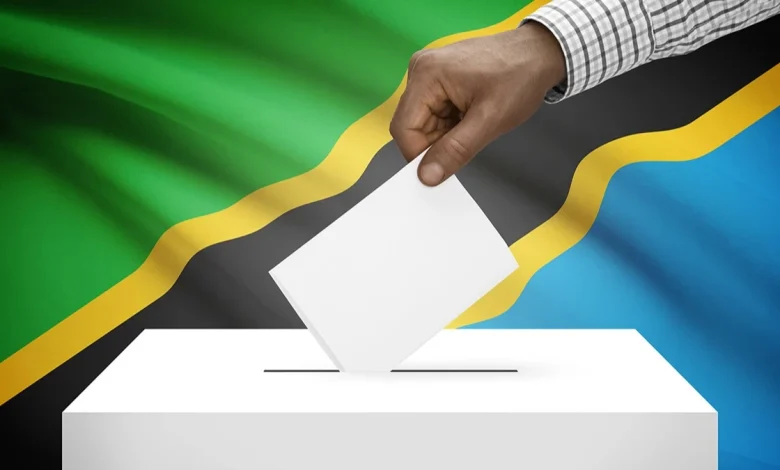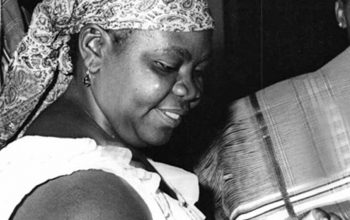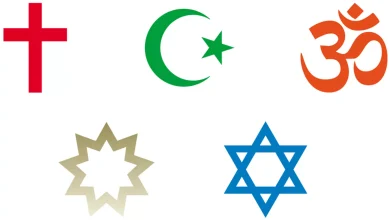Tanzania needs unity not keyboard wars

DAR ES SALAAM: AS Tanzania approaches its forthcoming general elections, the political temperature is rising and not only in parliament or at campaign rallies, but also across social media platforms, which have increasingly become the public’s arena for political discourse.
What ought to be a space for serious, informed debate about national priorities has, regrettably, devolved into a cacophony of personality-driven commentary, speculative gossip and often, vitriolic exchanges.
While the democratisation of expression via digital platforms is to be welcomed, it comes with responsibilities.
Instead of substantive discussions on policies, governance and development, much of the online discourse appears fixated on the personalities of individual politicians.
Who defected from which party. Who is a so-called “traitor” or “chameleon”. Who shook hands awkwardly.
These conversations, while occasionally entertaining, do little to address the profound and pressing challenges facing the nation.
Let us be clear: political defections are neither new nor unique to Tanzania. They are a perennial feature of democratic systems across the world.
Politicians changing party affiliations may be worthy of note, but they should not eclipse conversations around health care, education, employment, infrastructure and corruption.
These are the issues that affect citizens’ lives in tangible ways and yet they are too often neglected amidst the noise.
The cult of personality, when allowed to dominate political dialogue, leads only to division and distraction.
Labelling individuals as either heroes or villains based on party allegiance or social media rumours is a dangerous simplification of the political process.
Governance is not a popularity contest; it is a serious, complex business of managing national interests and delivering public goods.
This growing obsession with personalities over policies risks corroding the public discourse.
ALSO READ: INEC assures Media of strong ties during General Elections
More worryingly, it fuels polarisation, as citizens are pushed to take sides based not on ideology or evidence, but on emotion and hearsay.
In doing so, we forget a fundamental truth: that a healthy democracy depends not on uniformity of opinion, but on the ability to disagree with civility and reason. Tanzania is a diverse nation that is ethnically, culturally and politically.
Our strength lies not in suppressing dissent but in learning to live and thrive amidst it.
As citizens, especially the youth who dominate digital spaces, we must rise above the impulse to engage in petty attacks and instead direct our energies towards issues that truly matter.
Tolerance, maturity, and critical thinking are not signs of weakness; they are the bedrock of responsible citizenship.
Imagine a Tanzania where the public discourse, both online and offline, is grounded in respect, insight, and a shared commitment to progress.
Where political debate is not reduced to caricature, but elevated by thoughtful interrogation of policy. Where disagreement does not descend into character assassination.
The challenge, therefore, is this: the next time one feels tempted to join in the online disparagement of a political figure’s personality or spread unverified claims, take a moment to reflect.
Does this contribute to national progress? Or is it merely part of the noise? Let us not squander our voices on trivialities. Instead, let us use them to advocate for transparency, equity, opportunity and justice.
Tanzania’s democratic future depends not only on the politicians we elect, but also on the quality of the conversations we foster as citizens.
Elections are not reality television contests. They are a collective decision about the direction our country will take.
It is high time we began treating them and each other with the seriousness and respect they deserve.





